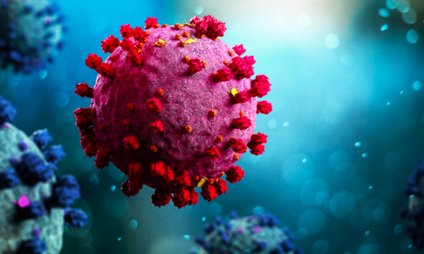
Afroscreen Project : boosting variant surveillance in 13 african countries
The Agence française de développement (AFD) and ANRS | Maladies infectieuses émergentes, in partnership with the Institut Pasteur, IRD, and laboratories across 13 African countries, are launching the joint AFROSCREEN project. This project meets an urgent need for surveillance of the development of SARS-CoV-2 variants and other emerging pathogens by bolstering laboratory genomic sequencing capacity.
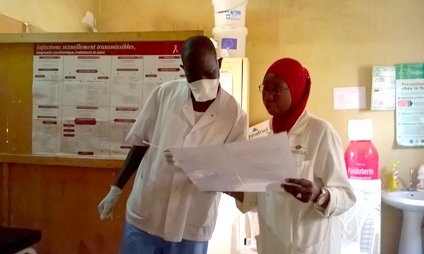
ASIDE project: Surveillance and health alerts
In a context of increasing globalization of trade, the growth in international flows of travelers and goods fuels the spread of infectious diseases. The need for a global alert and response network for infectious diseases and public health emergencies of international concern led to the 2005 revision of the International Health Regulations (IHR). Coordinated by the Institut Pasteur, the ASIDE project(1) fits into this frame and aims to strengthen the public health capacity of 6 partner countries in sub-Saharan Africa and South-East Asia to prevent, detect, report and respond to health emergencies of international concern.
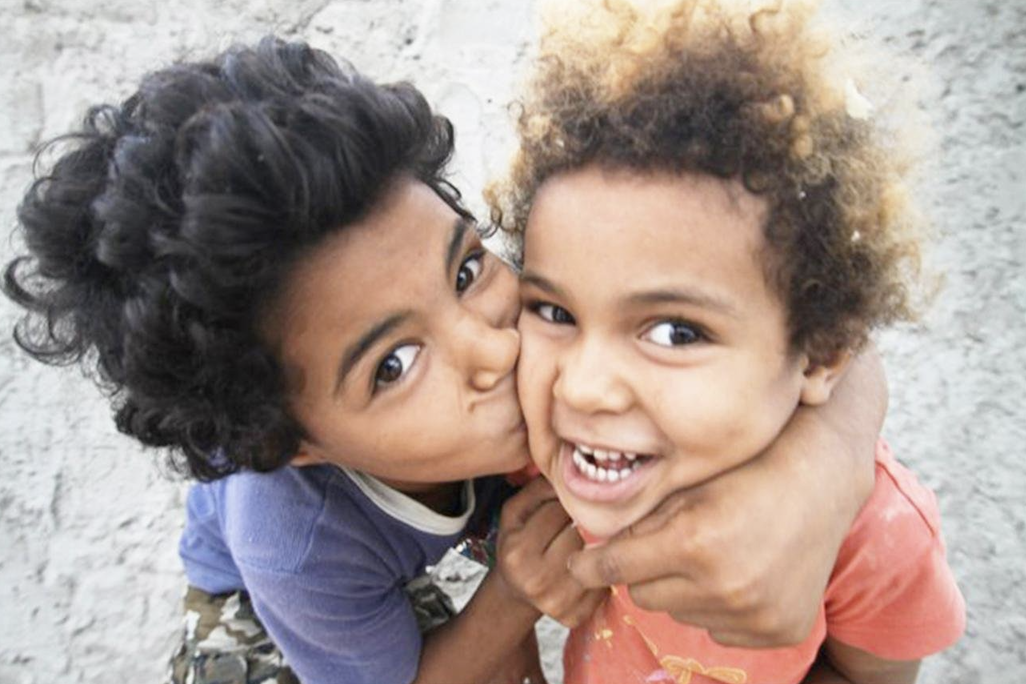
Improving the Detection of Primary Immune Deficiency Diseases for Better Treatment
Primary Immune Deficiency diseases (PIDs) constitute a heterogeneous group of over 300 diseases in which a genetic defect of the immune system leads to an increased susceptibility to infections, sometimes jeopardizing the vital prognosis. The lack of awareness among the medical community about these diseases results in them remaining significantly underdiagnosed, both in children and in milder forms in adults. This is particularly the case in Tunisia, where the Institut Pasteur de Tunis, in collaboration with the Biomics platform at the Institut Pasteur (Paris), has been running a project since 2015 with the aim of improving the diagnosis and treatment of patients.
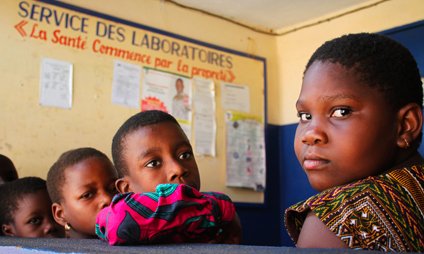
Perilic project: Studying the protection of pertussis vaccination
A unique study on whooping cough (pertussis), in three regions of the world, estimates the duration of protection from the various vaccinations against pertussis.
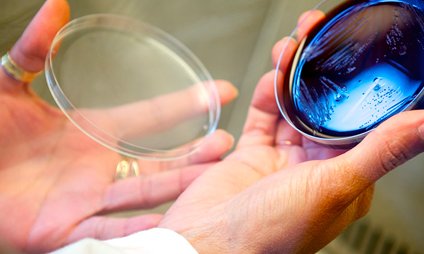
A program concerning the Hand-Foot-And-Mouth disease in South East Asia
The infection called "hand, foot and mouth" (HFMD) is a viral disease that mainly affects children under 5 years. It is transmitted by direct contact between infected children and is characterized by fever, mouth sores and blisters on the hands, feet and buttocks. To date, there is no specific treatment for this disease. A global approach is being developed in Southeast Asia to define strategies for the prevention, diagnosis and treatment of severe forms of hand, foot and mouth disease.
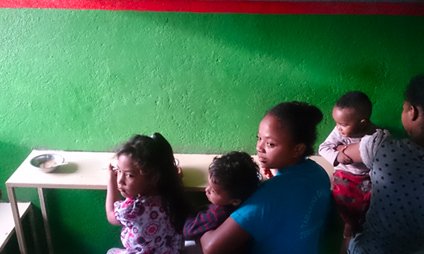
Afribiota project: Childhood malnutrition
Malnutrition is a leading cause of child morbidity and mortality in low-income countries. The state of malnutrition is maintained by a chronic inflammation of the intestine observed in a large proportion of children living in unsanitary conditions. This syndrome called pediatric environmental enteropathy has so far been poorly studied. The Afribiota project aims to better characterize this syndrome to develop diagnostic tools and ultimately treatments.


